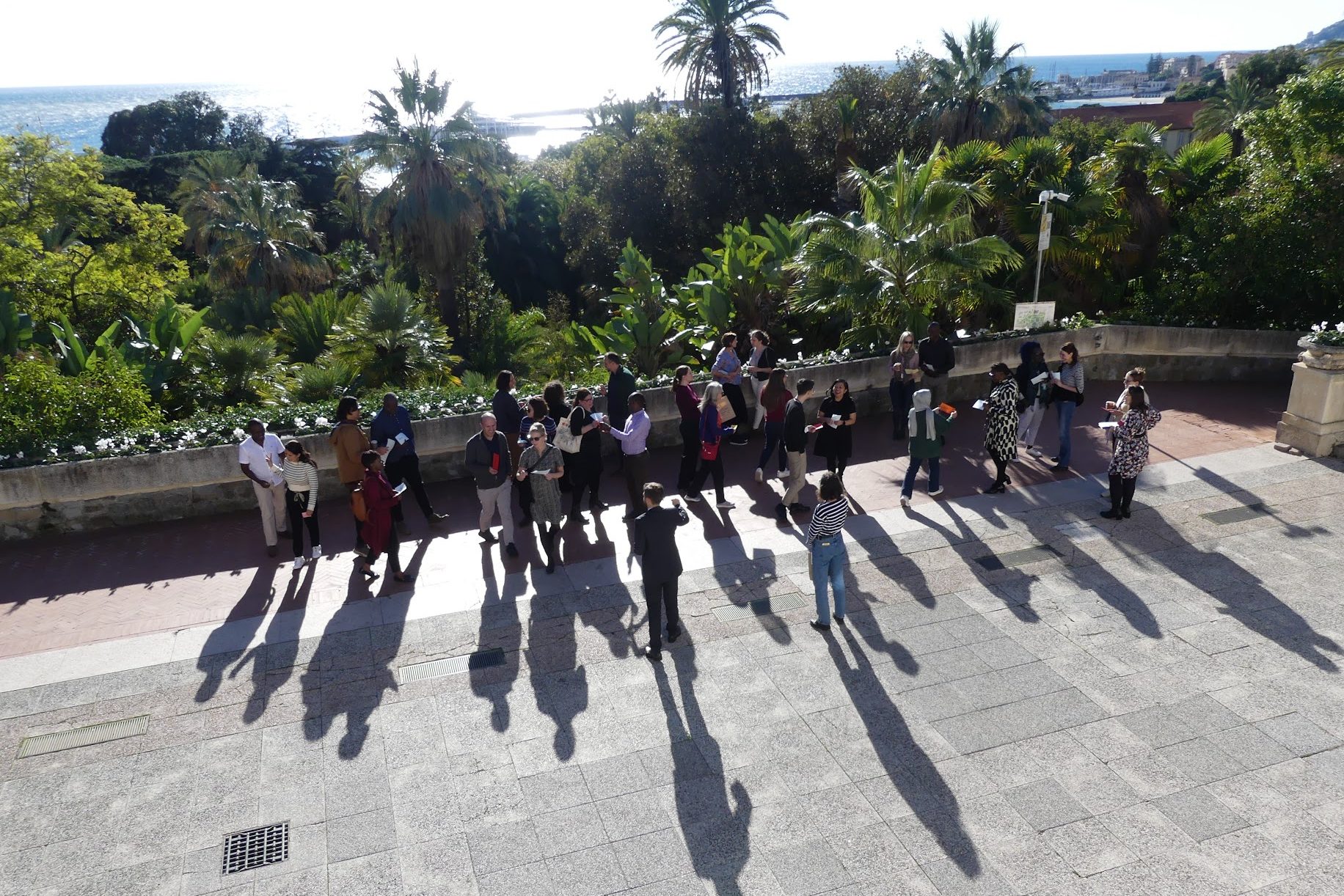The Online Course on Teaching Refugee Law focuses on supporting the process of designing and delivering effective training programs, tailored sessions, and academic curricula on international refugee law and forced displacement.
The Course presents the latest design and delivery methodologies, presentation techniques, and learning tools used to make teaching on refugee law topics more effective. Participants will be able to learn from their peers and work with other academics and trainers worldwide in practical and collaborative exercises.This Course is part of the pledges made by the Department at the Global Refugee Forum to support the capacities of governments, academic institutions, civil society, and international organizations in promoting international refugee law.
Important Notice: The Online Course does not focus on the content of international refugee law itself but on the best methods and means used to teach and promote its principles and content. Therefore, applicants are expected to have knowledge of international law.
The main goals of the Online Course are to:
The Course is developed primarily to benefit the following profiles of participants:
Based on the experience the participants bring, the Course will create an environment of exchanging best practices to identify the best ways to teach and promote international law.
The Online Course strikes a balance between theory and practice and is delivered through a participatory and creative teaching methodology aimed at facilitating the learning process and implementing the knowledge gained throughout the training. Sessions include lectures, presentations, case studies, group work, simulations, role plays, and other activities responding to diverse audiences’ learning styles.
The five-week agenda is based on the ADDIE instructional design framework, adjusted and contextualized with examples of teaching international refugee law applicable in various settings. Each week includes two virtual synchronous sessions in 120 minutes, delivered over Zoom for Education. In addition, the Course contains pre-recorded video sessions and reading materials available on the Institute’s custom Online Learning Platform.
The Online Learning Platform is the virtual home of the Online Course, allowing participants to provide feedback and ask questions, and consult reference materials.
Following a step-by-step approach, in parallel with the individual sessions of the Course Agenda, participants will be invited to develop their own training programs/academic curricula and tailored sessions on international refugee protection using the methodologies taught in the Online Course as a concrete outcome that can be used in their work. Participants receive weekly individual feedback on their designs, aiming to finish the course with a product that is directly implementable in their specific context.
